Company Membership
FLA membership is an investment in establishing business practices that reflect brands’ commitments to labor rights.
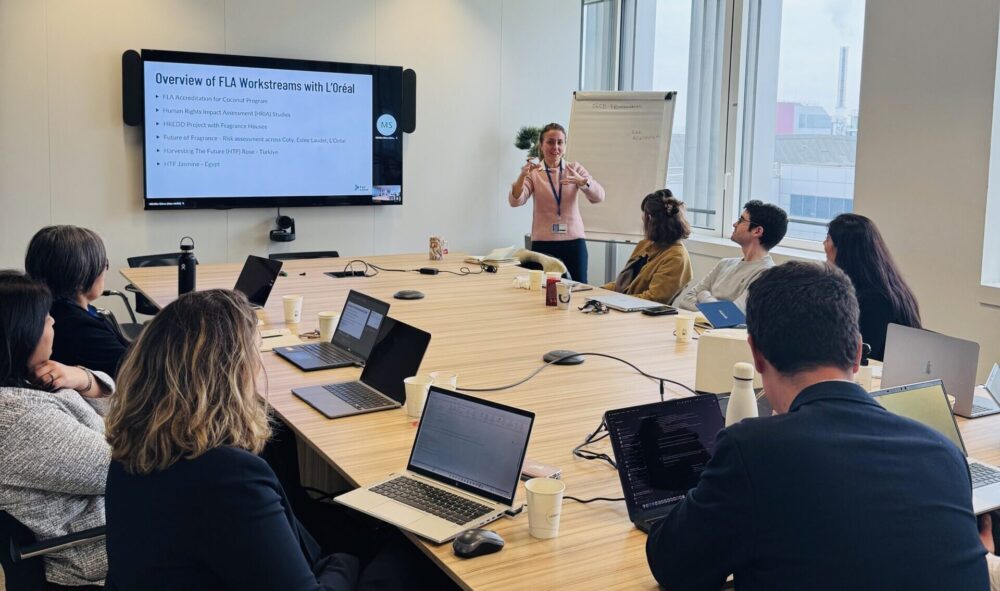
Fair Labor members promote better labor conditions for workers in global supply chains by identifying and resolving labor issues and creating systems to prevent violations of labor standards. Members become part of an international network of learning, innovation, and impact that improves workers’ lives.
FLA offers two robust company membership programs for the agriculture and manufacturing sectors. FLA membership puts companies on a path to Fair Labor Accreditation. The Agriculture Accreditation Program’s scope is raw material producers, covering food, beverage, and cosmetics sector companies applying FLA standards at upstream suppliers (Tier 4 farms). Members in the Manufacturing Accreditation Program apply FLA standards at Tier 1 and owned production facilities in the apparel, footwear, and accessories sector. FLA has over 20 companies accredited in the fashion industry.
Our manufacturing and agriculture accreditation programs are recognized as the gold standard for human rights due diligence in global supply chains. FLA supports member companies as they build their internal policies and process, evaluates their progress against the highest standards, and helps ensure that these efforts lead to improved working conditions in farms and factories.
-
Download our membership flyer to learn more PDF | 74 KB
Did you know? The three best-performing companies in Know the Chain’s 2023 annual report on combating forced labor in the apparel and footwear sector – including Puma and adidas – are all FLA members.
Benefits
FLA works with companies to address operational risks and meet market demands while protecting the triple bottom line – people, planet and profit. With a dual focus on accountability and capacity-building, FLA offers an evidence-based pathway for responsible businesses to reach their goals. Benefits of becoming an FLA member include:
Legal compliance & supply chain resilience
FLA helps companies to comply with international frameworks and increased legal compliance requirements worldwide. This in turn aids companies in mitigating risk of hefty fines from regulators and supply chain disruptions.
- FLA’s internationally-respected standards, the Fair Labor Code and Fair Labor Principles, align with – or exceed – labor rights standards set by the International Labour Organization (ILO).
- When implemented fully, FLA standards help companies meet other standards, such as the United Nations (UN) Guiding Principles, the Organisation for Economic Cooperation & Development (OECD) Guiding Principles, the UN Sustainable Development Goals (SDGs), and current global supply chain due diligence laws (i.e. Uyghur Forced Labor Prevention Act (UFLPA), U.K.’s Modern Slavery Act, Australia Modern Slavery Act, German Supply Chain Act, etc.)
- FLA members are also better prepared for due diligence legislation, like the EU Forced Labor Regulation and Corporate Sustainability Due Diligence Directive.
Reputation and competitiveness
FLA helps companies to be more attractive to consumers, business partners, and investors, as they show their strong commitment in fulfilling the highest standards in labor rights.
- Consumers, especially younger generations, increasingly care about where their products come from, how they’re made, and the working conditions behind them. Research has shown that 88% of consumers prioritize buying from companies that practice ethical sourcing.
- Investors increasingly believe companies that perform well on environment, social and governance (ESG) are less risky, better positioned for the long term and better prepared for uncertainty.
- FLA members have credible, externally validated means to demonstrate their corporate responsibility and ESG efforts to investors, the media, and the public.
Capacity-building & peer learning
By joining FLA, companies get access to valuable resources and learning opportunities, as well as a seat at the table with leaders in business and labor rights, who are shaping the future of responsible business practices benefiting people, planet, and profits.
- FLA develops resources and tools to help companies to identify, remediate and prevent labor rights issues in their supply chains.
- FLA’s multi-stakeholder network, representing businesses, civil society organizations and universities, understands the pressures and sometimes competing demands companies face and works together with the 200+ FLA members to improving working conditions in their global supply chains.
- FLA conducts an on-boarding workshop for new company members, where FLA staff engage with the social compliance or human rights due diligence team, top management, and relevant staff to purchasing, planning, procurement, and production. Staff cover FLA standards, the accreditation process, and provide a gap analysis.
FLA has been and continues to be a safe place where contentious issues and contentious sides can meet together to try to develop solutions. Whether it was in the boisterous and rambunctious early days or more pragmatic approaches these days, that is a real value to the organization and that has to underpin how we work in the future.
Criteria
For companies hoping to join the Manufacturing Accreditation program, FLA’s threshold criteria and application process include:
- The company is seeking membership of the Manufacturing Accreditation Program, which includes Tier 1 and owned production facilities.
- The company operates in a manufacturing sector — apparel, footwear, accessories, or similar – as a brand, licensee, manufacturer, or supplier. Agents, intermediaries, and retailers are not eligible for this program.
- Typically, companies with $20 million in revenue or more are a good fit to ensure the membership’s time and cost commitments are appropriate and sustainable.
- The company’s factories must be in countries where FLA can conduct due diligence.
- The company should demonstrate a senior-level commitment to transparency and supply chain standards as part of the membership application process.
For FLA’s Agriculture Accreditation program, companies are evaluated on a case-by-case basis for FLA membership eligibility.
Companies that need to register as a collegiate licensing affiliate can do so here.
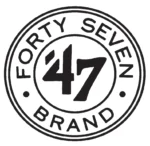


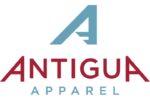

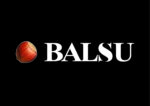



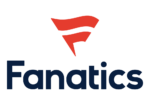






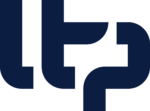
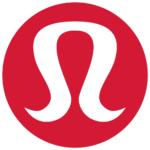


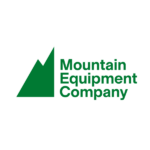







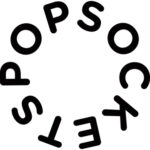
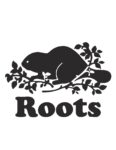
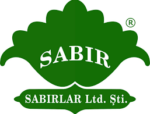





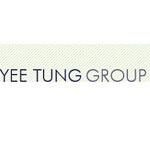
How to Join
- Fill out the interest survey – This helps FLA determine if your company is eligible for membership.
- Initial follow-up – FLA will get in touch to let you know the outcome and, if eligible, share more details and set up a call.
- Start the application – If you choose to move forward, FLA will send you a self-assessment form and request accompanying documents.
- Assessment and review – Your self-assessment and documents help FLA understand where the company is in its social compliance journey and identify areas for improvement during the accreditation process.
- Internal review –FLA conducts a background review and prepares a memo for the Board of Directors.
- Board presentation – Your company is invited to present to the FLA Board of Directors.
- Membership – Once approved by the Board, the company officially joins as a member and becomes an FLA Participating Company.